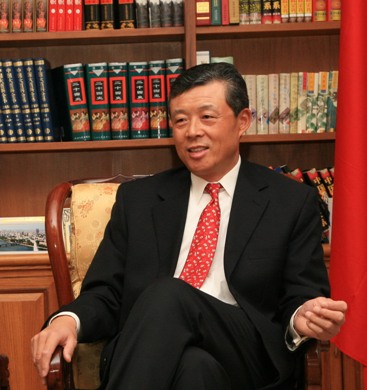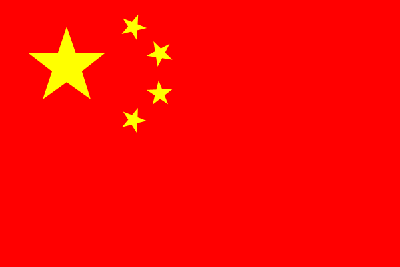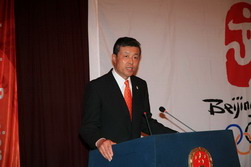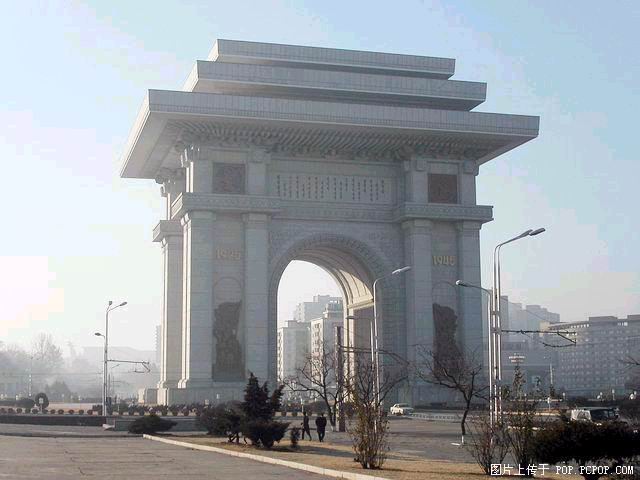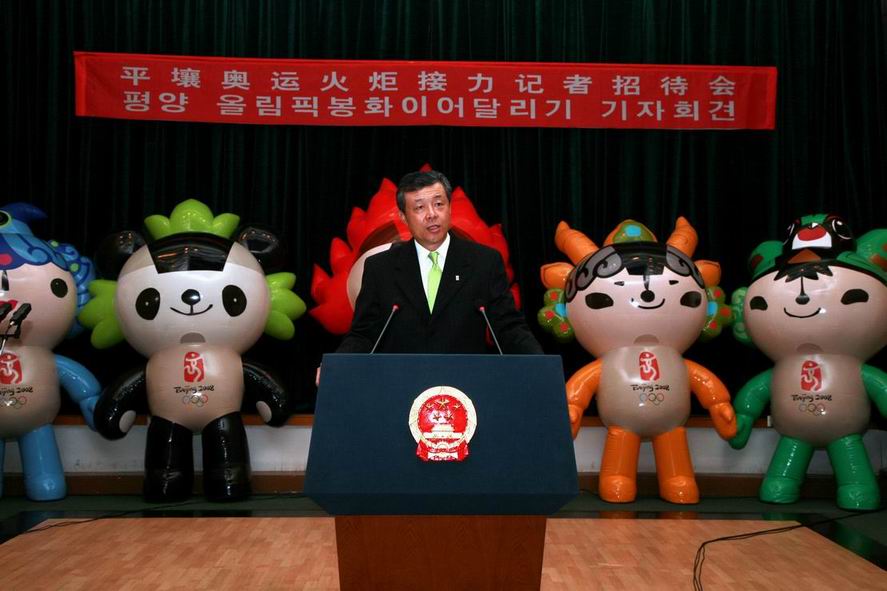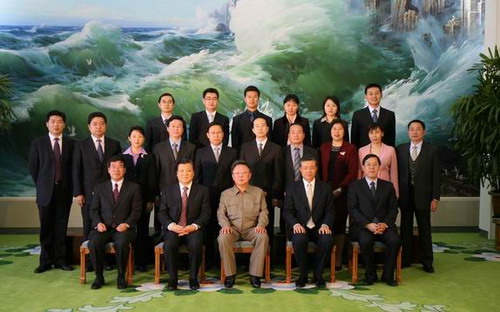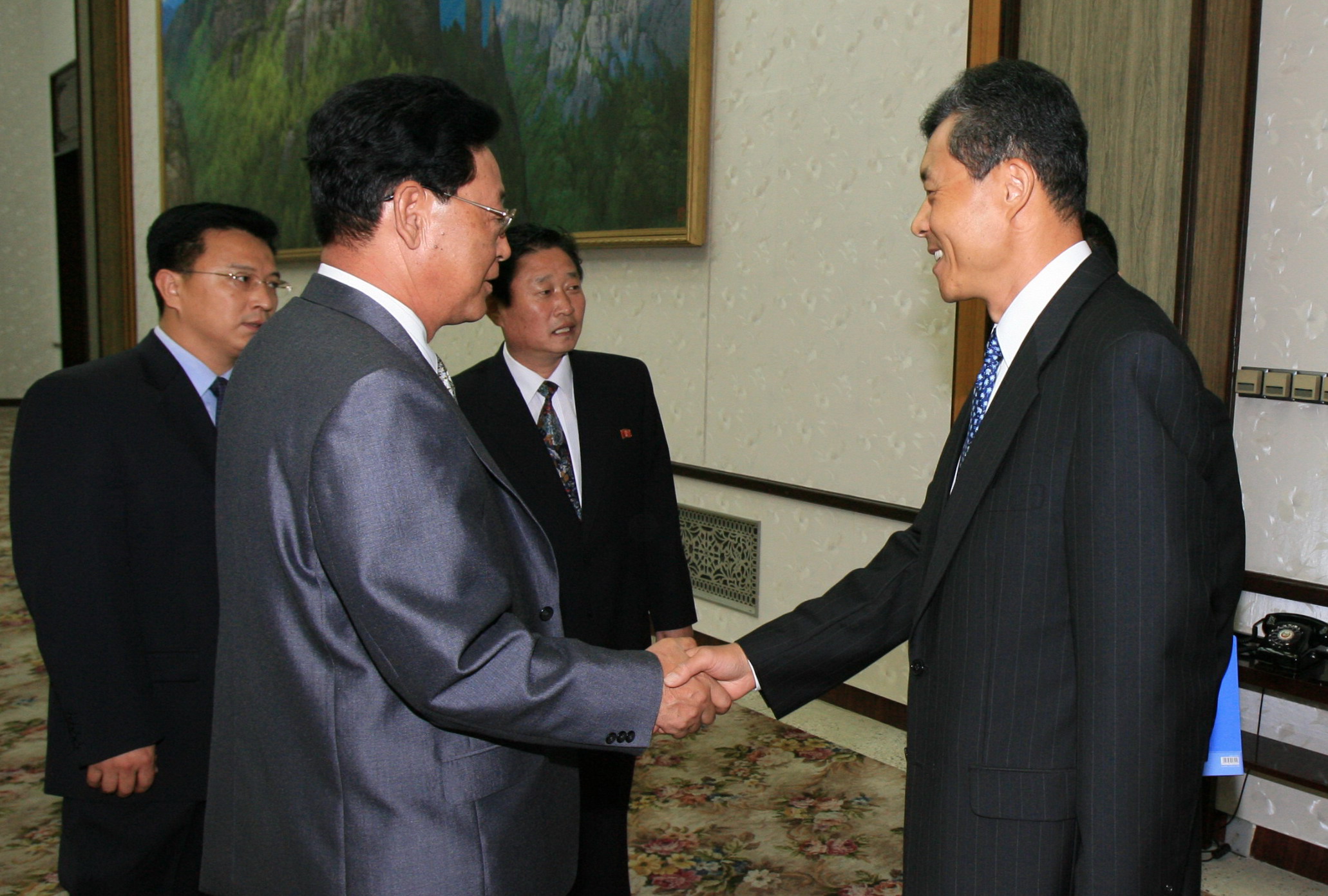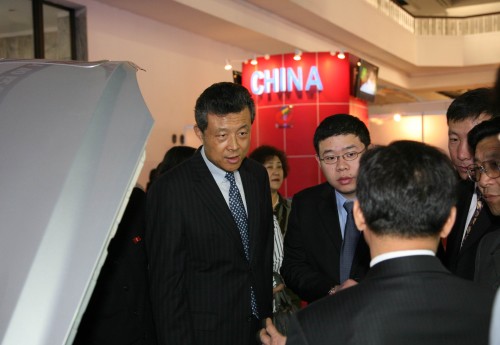BEIJING, Sept. 20 (Xinhuanet) -- A number of countries and international organizations on Monday welcomed the adoption of a joint statement, in which the Democratic People's Republic of Korea (DPRK) agreed to abandon its nuclear weapons and programs in exchange for aid and security guarantees.
"The secretary-general strongly welcomes the consensus reached at the six-party talks in Beijing on the principles for a peaceful and verifiable denuclearization of the Korean Peninsula," a UN spokesman said in a statement.
"This is a major step toward a comprehensive settlement through multilateral diplomacy of one of the most difficult international security issues," the statement said.
The fourth round of the six-party talks ended Monday in Beijing with the adoption of a joint statement, in which the DPRK agreed to abandon all nuclear weapons and existing nuclear programs and allow international inspections in exchange for energy aid, economic cooperation and security guarantees.
The six-party talks involve the United States, South Korea, China, the DPRK, Japan and Russia.
Speaking prior to a board of governors meeting of the International Atomic Energy Agency (IAEA), IAEA Director General Mohamed ElBaradei lauded the commitment of the DPRK to abandoning all nuclear weapons and existing nuclear programs.
"There is a balanced package," he said, noting that this would be served as an encouragement to resolving the Iran nuclear issue the IAEA boarding meeting would strive to address over this week.
The IAEA chief expressed the hope that his agency would go back to the DPRK to do inspection "as soon as possible."
After the Korean Peninsula nuclear issue arose in the early 1990s, the IAEA started to inspect the DPRK's possible nuclear program in May 1992. In December 2002, the DPRK announced to dismantle inspection cameras on frozen nuclear facilities and the IAEA stopped its inspection in the country.
Meanwhile, US President George W. Bush said: "It was a positive step yesterday. It was a step forward in making this world a more secure place. And I want to thank our other partners in the six-party dialogue by working together."
However, "The question is, over time, will all parties adhere to the agreement?" he said.
"And what we have said is, great, that's a wonderful step forward, but now we've got to verify whether or not that happens," he added.
Russia also welcomed the results of the fourth round of the six-party talks on the Korean nuclear issue, saying the joint document gives hope for the ultimate goal of a nuclear-free Korean Peninsula, the Russian Foreign Ministry said Monday.
The results of the talks give hope for a successful continuation of the six-party negotiation process toward fulfilling the ultimate goal of a nuclear-free Korean Peninsula, the ministry said in a statement.
"The most important part of this document is Pyongyang's commitment to abandon nuclear weapons, all existing nuclear programs and return, at an early date, to the nuclear Non-Proliferation Treaty and to the supervision of the International Atomic Energy Agency," the ministry said.
South Korean President Roh Moo-hyun welcomed the joint statement, calling it an "epoch-making" one which formulated "principles" for ending the nuclear issue.
Roh also expressed appreciation of the efforts by host China that helped bring the breakthrough in the long-time strive to resolve the nuclear issue.
Japanese Foreign Minister Nobutaka Machimura cautiously welcomed the joint statement, urging the DPRK to abandon all nuclear weapons and existing nuclear programs in a verifiable manner for the first time.
"It will provide an important basis for the six-nation talks to achieve the denuclearization of the Korean Peninsula," she said.
On the same day, the European Union (EU) welcomed the agreement reached in Beijing over the Korean Peninsula nuclear issue, saying it was a step forward for world stability.
"This is a significant step forward for regional and global stability," EU security chief Javier Solana said in a statement.
"I offer my congratulations to China as host and facilitator, as well as to all the other participants, for their success in securing this agreement," he said.
Australian Foreign Minister Alexander Downer said the statement of principles provides a solid foundation for progress in subsequent talks.
"This is an important first step ... toward its stated commitment to a denuclearized Korean peninsula," Downer said in a statement.
The Spanish government also expressed welcome to the decision of the DPRK to return to the nuclear Non-Proliferation Treaty (NPT).
It was a "positive" advance that the DPRK "is committed to "abandoning "all nuclear weapons" and "existing nuclear programs" and return to the NPT, the Foreign Ministry said. Enditem
